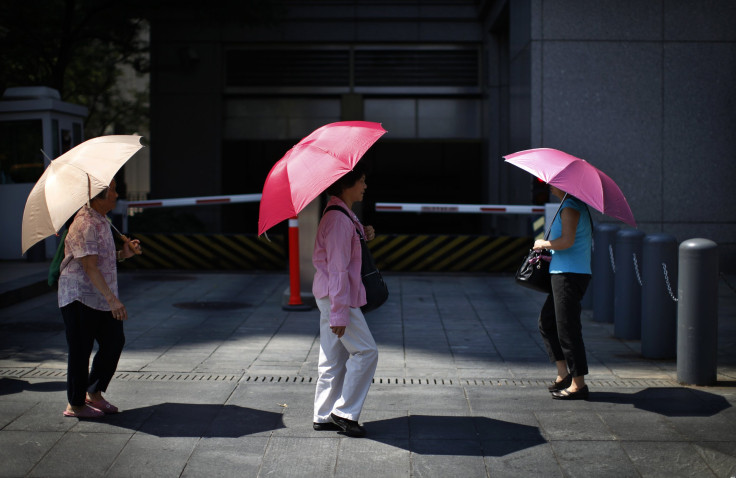Climate change puts New Yorkers at risk of extreme heat events; Deaths in thousands predicted by 2080

A new study has predicted that climate change will put New Yorkers at the risk of overheating. The study has predicted thousands of heat deaths by 2080. If no steps are taken to reduce emissions and adapt to warming, as many as 3,331 people may die every year in New York alone by 2080. By that time, the number of hot days is going to triple, and that would cause heat deaths due to respiratory conditions, heart problems, dehydration and heat exhaustion.
Lead author of the study, Elisaveta Petkova, believes that with so many hot days when temperatures will remain above 32 degrees Celsius, New Yorkers will have a tough time coping with the excessive heat. This may be devastating if the city experiences something like this.
There will be an increasing number of extreme heat events brought about by climate change, writes Reuters. The elderly and the very young are especially vulnerable to these heat events. The study highlighted the importance of taking proactive measures for reducing greenhouse gas emissions.
Petkova made a comparison to a heat wave in Europe in 2003 that claimed thousands of lives. According to the National Center for Health Statistics, between 2000 and 2006, New York saw 600 heat-related deaths annually. The 2014 National Climate Assessment said that in recent decades, heat waves have become very frequent in the United States.
The study, published in the journal Environmental Health Perspectives, factored in planet-warming gas emissions, cooling measures such as air conditioning and also population size. The researchers involved in the study were from Columbia University London School of Hygiene & Tropical Medicine and Cornell University.
As per New York’s Panel on Climate Change projections, the city’s mean annual temperatures will increase by 2.9 to 4.9 degrees Celsius by the 2080s. If the greenhouse gas emissions can be contained and residents protected from rising temperatures, then most of the deaths can be contained.





















